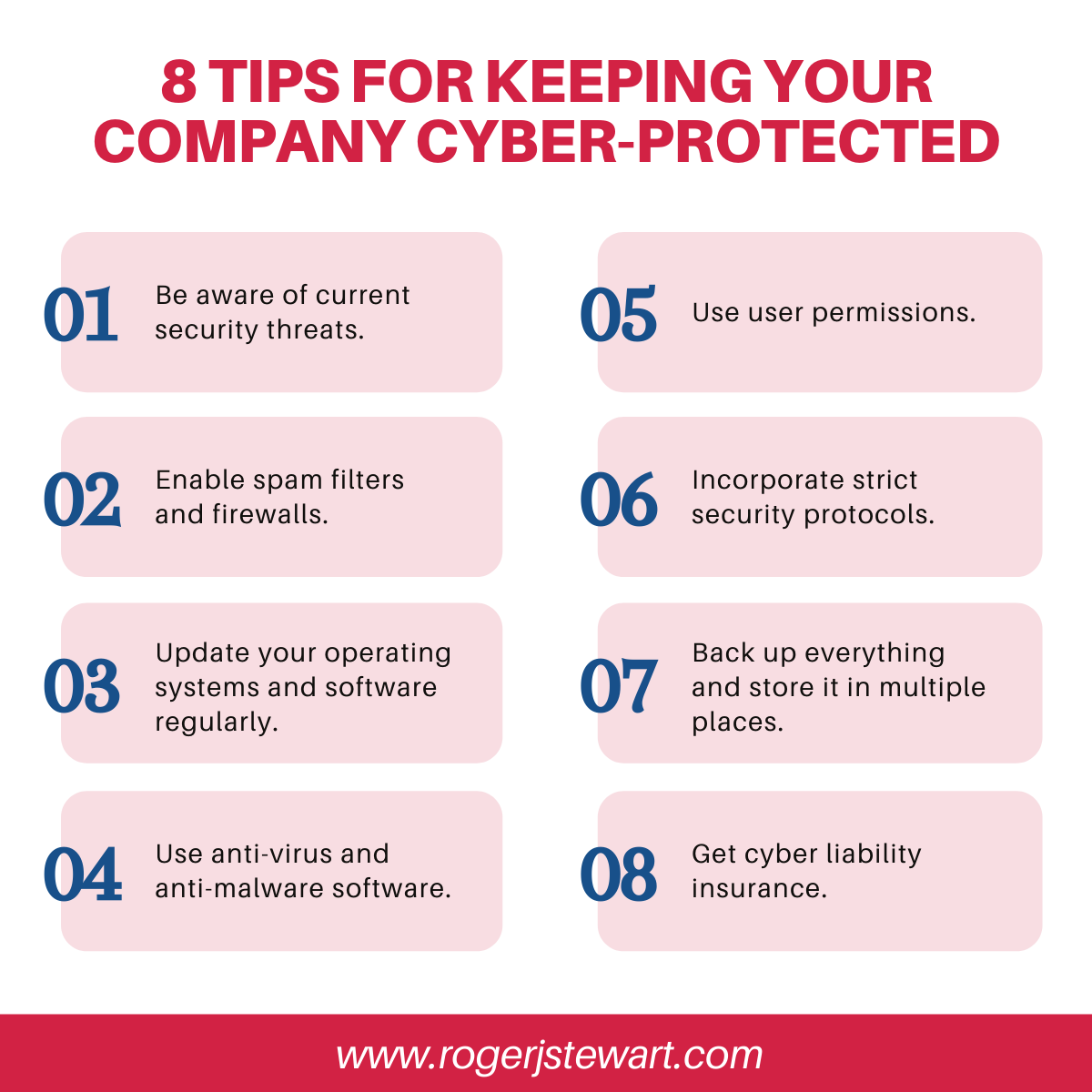This isn’t your average cyber liability article. Today, we’re tackling one of the biggest threats to businesses everywhere: ransomware.
When you picture a hacker, what comes to mind? Most people envision one of three culprits:
- A teenager in a hoodie, breaking into social media accounts and running small bitcoin scams.
- Very obvious scam emails, pop-ups, or text messages that your grandparents or ten-year-old might fall for.
- Hacking activist groups like Anonymous.
Whatever you’re picturing is probably right. It’s also so much worse than you can imagine. All the above hacker schemes and stereotypes exist, but other more threatening ones have emerged, and they’re getting worse all the time.
In fact, today, a cyber attack happens every eleven seconds. Companies must be aware of what’s out there and be proactive about protecting themselves, their employees, and their customers.
Ransomware is one type of cyber attack that’s making waves because of its devastating effects. Here’s what you need to know about ransomware and what you can do to prepare and respond to this type of attack. Plus, we’ll talk about cyber liability and how to protect yourself no matter what.
Understanding Ransomware and Its Relationship to Cyber Liability
Ransomware attacks are a type of malware that infects a computer (or network) and encrypts files within it. Then, the attacker demands a ransom to restore access to those files.
Ransomware gangs in 2021 are getting worse. These days they’re doing more than just locking files. They’re also finding personal and sensitive data and threatening to release it if victims don’t pay up.
Ransomware isn’t new – it’s just getting more sophisticated. Attackers used to focus on individual people and $300 ransoms. Today, government entities, schools, and private businesses with sensitive information are the primary targets.
The average ransomware demand today is no small sum at $233,217.
What’s worse, even if you pay the ransom, there’s no guarantee you get your files back. Ransomware can devastate a company. It’s part of the reason 84% of companies have some kind of cyber liability coverage.
How to Prepare for Ransomware (and Other Cyber Liability Threats)
The best way to handle a ransomware attack is to avoid it in the first place. Proactive measures, like cyber liability insurance, are critical.
The FBI and CISA provide complete guides for protecting your network from a security/IT standpoint. But here are a few quick tips to get you started.
- Be aware of current security threats.
- Enable spam filters and firewalls.
- Update your operating systems and software regularly, and always patch up issues.
- Use anti-virus and anti-malware software.
- Use user permissions, and make sure only people who need administrator access have it.
- Incorporate strict security protocols regarding downloads, programs, and data management.
- Back up everything and store it in multiple places.
- Get cyber liability insurance.
Connect With Us Today
Even if you do all the right things, you can still fall victim to ransomware or other malware attacks (like Microsoft and SolarWinds).
Ransomware attacks in particular can be costly for a company. Even if an organization doesn’t pay the ransom, the losses from a ransomware attack can be severe.
- On average, companies experience 19 days of downtime after a ransomware attack.
- On top of that, IT fees for clean-up and storage restoration can be significant.
- Companies that don’t pay the ransom spend an average of $732,520 recovering their systems.
A Solid Cyber Protection Plan
The good news? Cyber insurance pays the ransom around 94% of the time. That’s why cyber liability insurance is so important. If you want to make sure your business is covered from financial losses from a cyber attack, a cyber liability insurance agent can advise you on your options.
Keep in mind that cyber liability insurance plans don’t always include a clause for ransomware. You’ll want to work with an agent who knows how to keep you safe from the latest threats. If you want a qualified risk management insurance partner, contact Roger today.

Conclusion
This article provides several cyber security stats, links to a 2024 cyber liability guide (PDF), and provides 8 tips for protecting a business from ransomware. To protect your company from ransomware and cyber liability, follow these eight tips: conduct regular employee training, implement multi-factor authentication, keep software updated, use strong passwords, back up data regularly, have a response plan, invest in cybersecurity insurance, and conduct regular security assessments. These measures help mitigate risks and enhance your company’s cybersecurity posture. Readers are invited to connect with Roger J. Stewart to discus their cyber liability.


